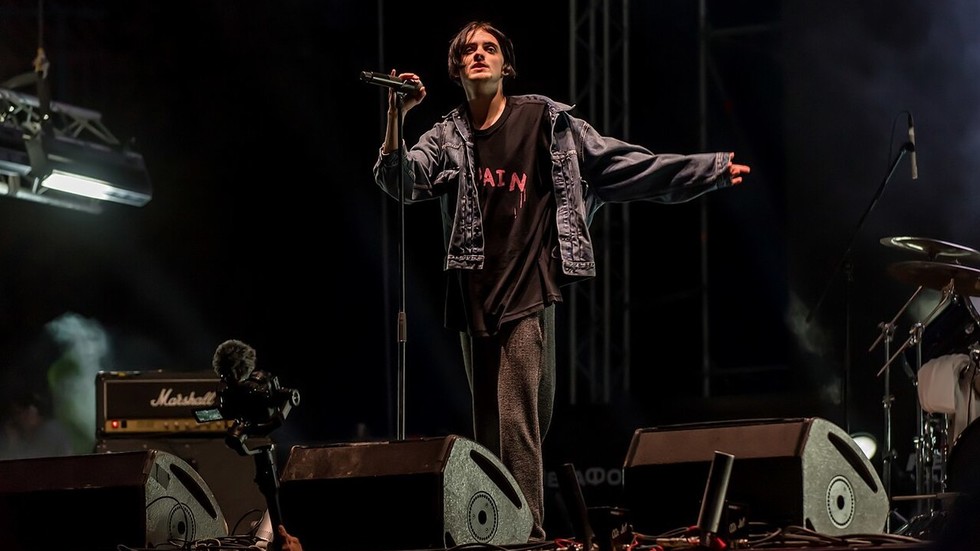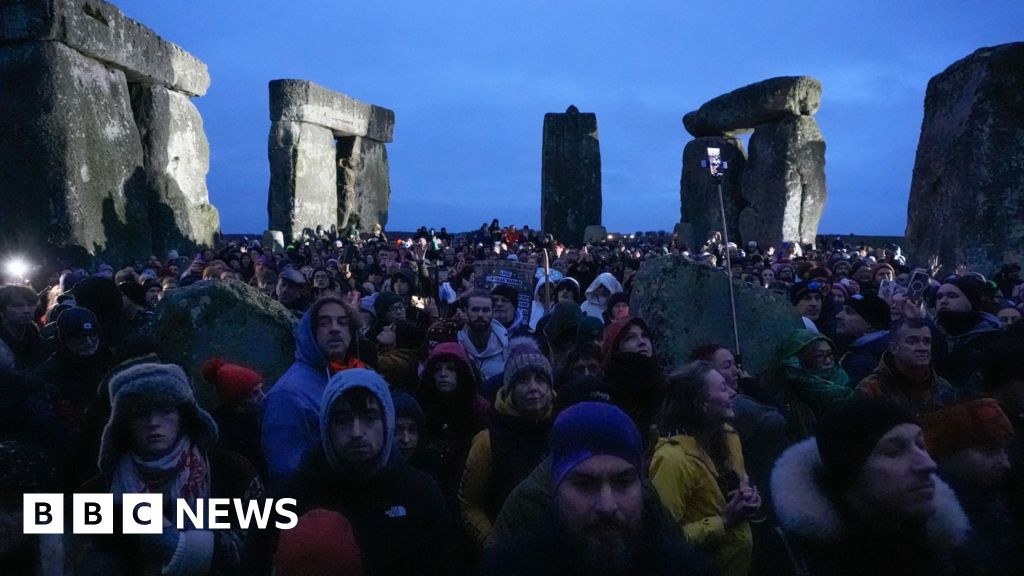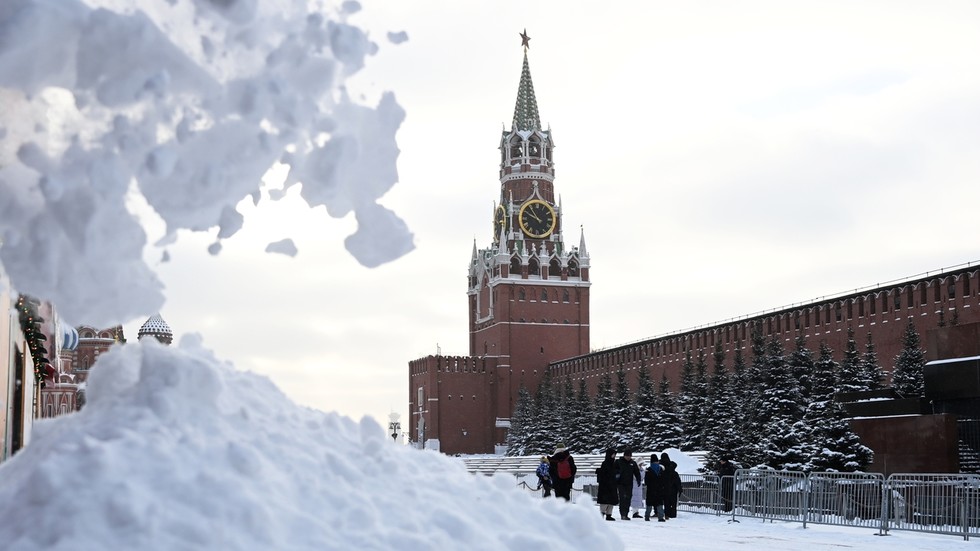When they entered Gaza on October 27, after three weeks of aerial bombardment following Hamas’s October 7 attack on Israel, Israeli troops took their iPhones with them.
“We live in an era of technology, and this has been described as the first livestreamed genocide in history,” Palestinian novelist Susan Abulhawa told Al Jazeera’s investigative unit (I-Unit).
In the year since, Israeli soldiers have posted thousands of videos and photos on Instagram, Facebook, TikTok and YouTube.
These videos and photos form the foundation of the I-Unit’s new film, which investigates Israeli war crimes primarily through the medium of the evidence Israeli soldiers themselves have provided.
It is, according to Rodney Dixon, an international law expert featured in the film, “a treasure trove which you very seldom come across … something which I think prosecutors will be licking their lips at”.
How was this investigation conducted?
As journalists in the West sought to portray the war on Gaza as complex and nuanced, a flood of social media posts from Israeli soldiers suggested they regarded it as anything but.
The I-Unit decided to investigate these posts.
It expected to have to dedicate considerable resources to geolocation – the use of satellite maps and other sources to identify specific locations – and to the use of facial recognition software to scan the internet to identify the soldiers featured in the photos and videos. What it found, however, was that, for the most part, soldiers posted material in their own names on publicly accessible platforms and often gave details of when and where the incidents depicted took place.
The I-Unit began collecting these videos and photos, compiling a database of more than 2,500 social media accounts.
It showed the footage to a range of military and human rights experts, including Dixon, Charlie Herbert, a retired major-general in the British Army, and Bill Van Esveld, the associate director for the Middle East and North Africa at Human Rights Watch.
It also employed teams on the ground to film the testimony of witnesses and made use of Israeli drone footage collected by Al Jazeera Arabic.
What did the investigation find?
The behaviour displayed in the photos and videos ranges from crass jokes and soldiers rifling through women’s underwear drawers to what appears to be the murder of unarmed civilians.
It will be for prosecutors to decide the guilt or otherwise of the soldiers, but both Dixon and Van Esveld told Al Jazeera that several of the incidents documented merited investigation by international investigators.
Most of the photos and videos fell into one of three categories: wanton destruction, the mistreatment of detainees and the use of human shields. All three may be violations of international humanitarian law (IHL) and war crimes under the Rome Statute of the International Criminal Court.
Wanton destruction
The videos frequently show soldiers smashing up and destroying property and possessions. Others show houses being set alight. The most commonly recurring feature was the detonation of buildings.
“The fact that they’ve been able to rig these buildings up with explosives shows very clearly that there’s no current threat from those buildings,” Herbert told Al Jazeera.
“There’s no justification for destroying a structure if the enemy isn’t in it,” said Van Esveld. “You can’t go around wantonly, unnecessarily destroying … civilian property … It’s banned,” he added. “And if you do enough of it, it’s a war crime.”
What does IHL say about the destruction of property?
Article 8(2)(a)(iv) of the Rome Statute prohibits “extensive destruction and appropriation of property, not justified by military necessity and carried out unlawfully and wantonly”.
![Israeli soldiers have posted many videos on social media showing them destroying buildings in Gaza. [Al Jazeera]](https://www.aljazeera.com/wp-content/uploads/2024/10/destruction-1727958576.jpg?w=770&resize=770%2C433) Israeli soldiers have posted many videos on social media showing them destroying buildings in Gaza [Al Jazeera]
Israeli soldiers have posted many videos on social media showing them destroying buildings in Gaza [Al Jazeera]Mistreatment of detainees
Some of the videos show large numbers of detainees stripped to their underwear, being held in stress positions and mocked for having soiled themselves. One shows naked and near-naked detainees, bound and blindfolded, being kicked and dragged around on the floor.
In one video, a French-Israeli soldier films a detainee being pulled from the back of a truck and says: “Look, I’m going to show you his back. You’re going to laugh at this. He was tortured.”
“Torture is one of the most serious international crimes … Very often, though, it’s difficult to get evidence … This kind of material where you have persons on camera admitting that they have participated in torture would be very useful to any investigator or a prosecutor,” Dixon told Al Jazeera.
Soldiers’ videos are complemented by witness testimony gathered by the I-Unit’s team in Gaza. The film includes three accounts of beating and abuse.
“They took my son, the eldest, who had just been married,” said Abu Amer. “He was tortured. I could hear his screams as they were suffocating him and beating him in the adjacent room. There was nothing we could do with the rifles pointed at our heads. We could not make a move.”
Abu Amer says a soldier told his son: “Nothing prevents us from killing you. We could just kill you all. That’s normal. No one will deter us, and no one will call us to account.”
Women were also abused. Hadeel Dahdouh said a soldier kicked her in the stomach. “He beat me on the back with the gun and on the head with a piece of metal in his hand. I said to him, ‘loosen the handcuff’, but he would only tighten it further.”
Another Palestinian from Gaza, Fadi Bakr, said he was forced to lie on a decomposing corpse by a soldier who threatened to executive him.
Later, at the Sde Teiman detention centre in Southern Israel, he said he saw guards using a dog to rape a young male inmate.
What does IHL say about the mistreatment of detainees?
Article 8 (2)(a)(ii) of the Rome Statute prohibits “torture or inhuman treatment, including biological experiments”; while Article 8 (2)(b)(xxi) prohibits “committing outrages upon personal dignity, in particular humiliating and degrading treatment”.
We've built a database of videos, photos and social media posts. Where possible we’ve identified those who appear.
It reveals a range of illegal activities, from wanton destruction and looting to demolitions of neighbourhoods and murder. #GazaCrimespic.twitter.com/LmKn7fVnZH
— Al Jazeera Investigations (@AJIunit) October 3, 2024
Human shields
The I-Unit interviewed six individuals who testified to being used as human shields by Israeli troops.
Abu Amer described how during clashes between Israeli soldiers and Palestinian fighters, the Israeli soldiers “took us, the men, and placed us near the balcony. They placed their weapons above our heads and fired at the young men on the other side.”
He says he was then forced to inspect buildings for booby traps and ambushes while a soldier monitored him from a balcony with a machinegun. “He said, try anything and I’ll shoot you.”
Footage gathered by Al Jazeera Arabic supports this. It shows a detainee being forced to inspect empty buildings while being monitored by a drone.
Separate footage shows bloodied detainees being fitted with cameras so they can enter buildings troops have not yet secured.
A photo taken by an Israeli soldier in Gaza City in November – and posted online – shows two detainees walking in front of a tank with a soldier behind them. In an interview, one of the men later described how they were coerced and used as human shields.
At the Nasser Hospital in Khan Younis in February a young man was forced to act as a messenger by the Israelis, ordering displaced people to evacuate the building. The man was then shot dead by a sniper in front of his mother.
Using people to perform military tasks is “in many ways the definition of using persons as a human shield”, Dixon explained.
 The I-Unit obtained video of Palestinians being used as human shields [Al Jazeera]
The I-Unit obtained video of Palestinians being used as human shields [Al Jazeera]The I-Unit interviewed the victim’s mother and another witness.
What does IHL say about the use of human shields?
Article 8 (2)(b)(xxiii) of the Rome Statute prohibits “utilizing the presence of a civilian or other protected person to render certain points, areas or military forces immune from military operations”.
Are there any particular units that feature prominently in the photos and videos?
The 8219 Combat Engineering Battalion – also known as the Gadhan Commando – features prominently in videos posted online.
It destroyed hundreds of buildings in Gaza City and then progressed to the south of the Strip where, between December 28 and June 9, it entirely destroyed Khirbet Khuza’a, a town of 13,000 people close to the fence separating Gaza from Israel.
“We … destroyed a whole village as a revenge for what they did to Kibbutz Nir Oz on 7/10,” wrote Captain Chai Roe Cohen of the 8219 battalion’s C Company in an Instagram post on January 7. Nir Oz lies just on the other side of the fence from Khirbet Khuza’a and was attacked on October 7, with about one-quarter of its residents killed or taken captive.
“The revenge rhetoric that we’ve heard from some Israeli soldiers … is disturbing. Atrocities don’t justify atrocities,” Van Esveld told Al Jazeera.
The 8219 was commanded during its operations in Gaza by Lt Col Meir Duvdevani.
“The International Criminal Court will … look for those who are high up the chain of command … and evidence coming directly from commanders about the orders that they gave and the way in which they command and control the troops would be vital evidence,” said Dixon.
The I-Unit also scrutinised a video placed online by a soldier called Shalom Gilbert, a member of the 202 Paratroopers Battalion. The video shows three unarmed men being killed by snipers.
“Just because a civilian is walking in an area where combat is going on does not make them fair game … If they get involved in hostilities at a particular moment, yes, they lose their civilian status. They can be targeted. But then you have to show the evidence that they are presenting a threat to you … It’s potentially a matter that the International Criminal Court would want to look at,” said Dixon.
The 202 contained a sniper team, known as the Ghost Unit, comprising 21 individuals.
Western complicity
The Israeli government is currently under investigation for genocide at the International Court of Justice. This raises the possibility that any countries that have lent assistance to Israel’s war effort may also be open to charges.
Between 2019 and 2023, 69 percent of Israeli arms imports came from the United States and 30 percent from Germany. Both have continued to supply weaponry throughout this conflict, although German supplies have dipped since the beginning of this year.
The film features reporting by Declassified UK, which shows the central role played by the British base at RAF Akrotiri on the island of Cyprus. The British have been running surveillance flights over Gaza since early December, supposedly to facilitate the rescue of Israeli captives.
In the film, Declassified’s Matt Kennard argued that this “doesn’t explain” the flights. There were “only two British hostages in Gaza … There was up to 1,000 hours of [surveillance] footage by March.”
The R1 Shadow planes the British use have target acquisition capacity.
And it also exposes the complicity of Western governments – in particular the use of RAF Akrotiri in Cyprus as a base for British surveillance flights over Gaza. #GazaCrimes pic.twitter.com/Xhh3bnbSPK
— Al Jazeera Investigations (@AJIunit) October 3, 2024
“When you start acting in a conflict to a level that the people on the ground who are doing the fighting are using your information as they fight,” you may become “a party to the conflict”, Van Esveld explained.
“If you continue to know and continue to supply weapons and targeting information, if you’re supplying targeting information, despite knowing what the result is, and the result is a gross human rights violation, then you also get to complicity. So, you know, the deniability that you’re deeply involved in what’s going on in Gaza begins to evaporate,” he added.
The I-Unit asked the United Kingdom government about its surveillance flights. It told us: “The UK is not a participant in the conflict between Israel and Hamas … As a matter of principle, we only provide intelligence to our allies where we are satisfied that it will be used in accordance with International Humanitarian Law … Only information related to hostage rescue is passed to the Israeli authorities.”
It added: “Our priority remains achieving a ceasefire in Gaza so hostages can be released, civilians protected and aid flood in.”

 2 months ago
24
2 months ago
24









